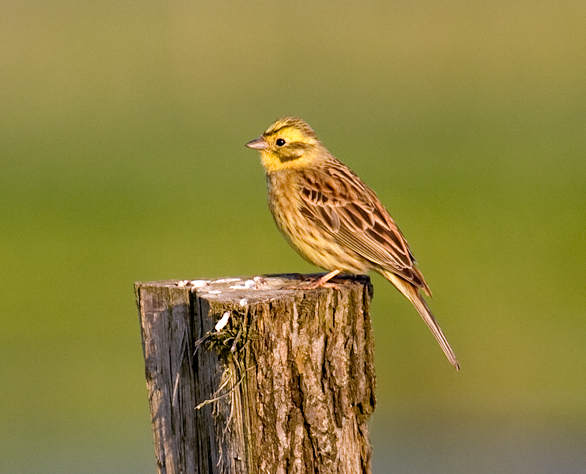
With just three months until the 4th Big Farmland Bird Count, the Game & Wildlife Conservation Trust (GWCT) is offering farmers an opportunity to take part in a bird identification training session.
The Trust has announced the 4th Big Farmland Bird Count will take place from 3-12 February 2017. During that week, farmers across the UK are asked to record and report what species of birds and how many have been sighted on their farm.
The results provide an indication as to whether farmland bird numbers are in decline, on their farm or if the conservation efforts of farmers are proving successful.
Jim Egan of the GWCT comments: “If you can’t name every bird you see on your farm, the 20 ID days across the UK to help farmers recognise them. With days between 9 January to 3 February they are run by a farmland bird expert, along with a host farmer. By the end of the ID day you should be able to recognise the top 20 bird species you can expect to see on your land over the winter period. In addition, a colour ID guide is provided to those who attend, with a focus on birds that are harder to identify. I would say to anyone thinking about taking part – do it. Get out and enjoy the birds on your farm and give us the opportunity to shout about the great work you’re doing.”
Jim continued to say: “Over 970 farmers took part in 2016, recording 130 species of birds across approximately 900,000 acres. This year we are aiming to at least double the number of people taking part. So get trained and give the count a go”
Graham Hartwell, Environmental Stewardship Manager at BASF said the continued success of the BFBC is due to the 'interest and commitment' of increasing numbers of farmers to show the wider farming industry what can be achieved from some small changes to their farm management.
“Many new participants are inspired from the identification days where understanding the needs of farmland birds and learning that simple management changes can help support many species. The experience of learning how to help each species is a positive step forward.
“Just how small and spectacularly coloured our bird species are, are just two of the learning points that can be experienced on an ID Day, and change many supporters approach to both habitat management and talking about their farms and the wildlife they support."
